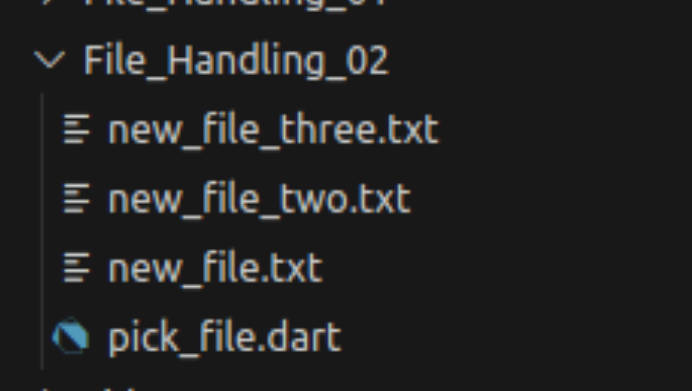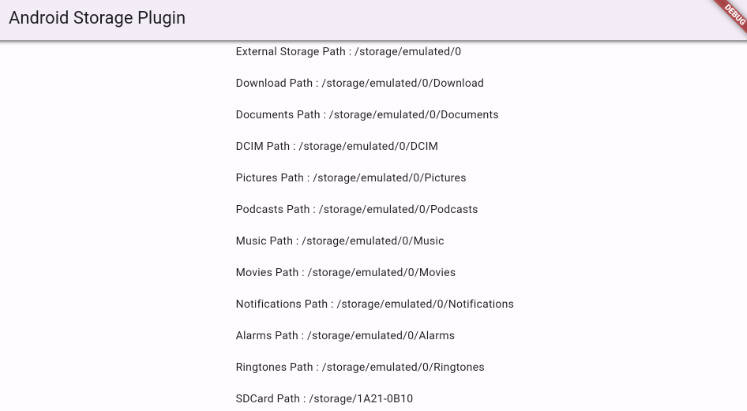A micro-library for asserting at build time.
It’s a common practice to configure a Dart app using const (build-time) values. There are benefits to this approach, such as enabling tree shaking of unused code.
This library makes it easy to do build-time assertions about such constants so that misconfigured apps fail at build-time instead of failing at runtime.
Usage
Use this library to validate your app’s const values at build time. Anything can be annotated with @Assert.
//
// This app will fail compilation with '--define=MY_VAL=foo'
//
@Assert(
myBuildTimeVal == 'val1' || myBuildTimeVal == 'val2',
'myBuildTimeVal must be one of "val1" or "val2"',
)
const myBuildTimeVal = String.fromEnvironment('MY_VAL');
void main() {
print('myBuildTimeVal is "$myBuildTimeVal"');
}
FAQ
? How does this even work?!
The Dart compiler invokes annotation constructors at compile-time. This micro-library takes advantage of that to “trick” the compiler into allowing build-time asserts that can be placed (almost) anywhere. Special thanks to Kyle Turney for the inspiration behind this approach.
Why not allow an assert without a message?
Unfortunately, Dart doesn’t treat an assert with a null message the same as an assert without any message at all. This means that we would need two constructors for @Assert to enable both messageless asserts and asserts with messages. Instead, we made the design choice when creating this micro-library that @Assert should require a non-null message. This enforces more meaningful compilation failure messages.
Will this always be needed?
We expect that when Dart supports metaprogramming, this library will be deprecated.




